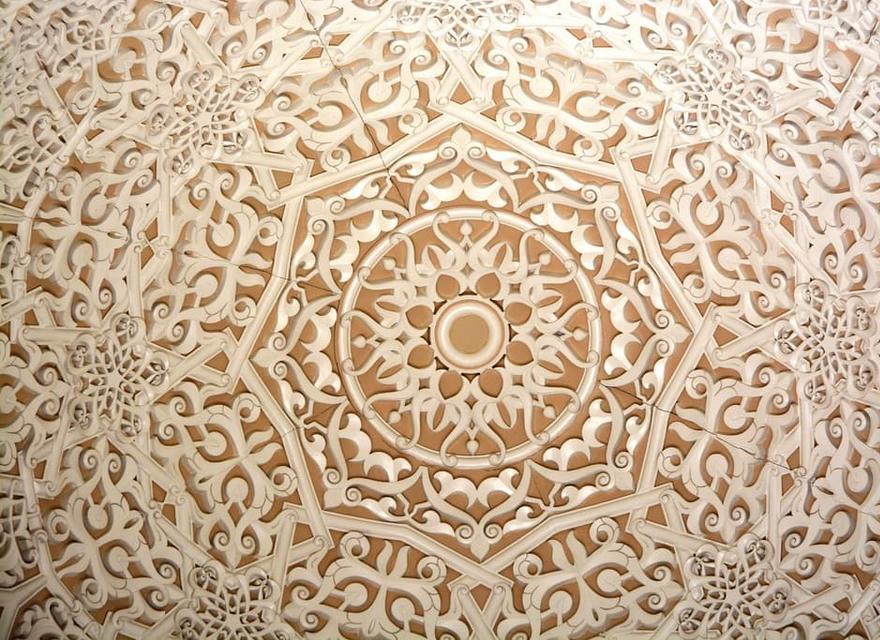Market Insights into Waqf Principles
In part two of my thought leadership article, I delve further into Shari’a-compliant endowments, or Waqf structuring solutions, an attractive succession planning tool for the Kenyan coastal community which has a large Muslim demographic.

An in-depth analysis of the Waqf principles in a Kenyan context
Charitable Spending
The concept of spending on charitable endeavours and the spirit of giving in the broader sense, covers all types of charitable spending including spending on one’s family and providing for their future spiritual, educational and material needs. This is in addition to spending on the wider community. For centuries, Muslims used the institution of Waqf and family Waqf to financially support the poor, the needy and one’s children.
Waqf, a form of Shari’a-compliant endowment, refers to a dedication or setting aside of a certain property or portion of wealth and devoting its benefit to certain specific causes, including social, religious and charitable causes, for a period or in perpetuity. Waqf is one form of continuous charity (Sadaqah Jariyyah), an act that would benefit the donor after they have passed, deriving spiritual reward from the benefit that the Waqf bestows on its beneficiaries long after the donor’s death. The property devoted to the Waqf for example must be capable of yielding continuous benefit to its beneficiaries for the prescribed period of the Waqf. This concept of continuous charity is rooted in the religious principle that “When a man dies, his physical capacity to perform good deeds and acts come to an end, but the good derived from three sources continue after his death: recurring charity, knowledge (by which people) benefit and a pious offspring who prays for him and seeks forgiveness for him.”
Succession Planning for Families
The institution of family Waqf is widely used by Muslim families as an instrument for the succession planning process and to enable a patriarch or matriarch to provide for the future prosperity of his or her children and close relatives. To put it simply, in a Family Waqf, the founder will declare his wealth as Waqf for the benefit of his children and thereby, provide for their future welfare.
The beneficiaries of a Waqf will be entitled to the revenue and benefit from the Waqf property but, will not ordinarily own the Waqf property itself, which will be vested with the Waqf. Family Waqf is one of the tools that Muslims use for wealth preservation and succession planning, within their religious beliefs.
The Family Waqf provides great flexibility and can accommodate very diverse wishes and intentions for distribution. It is a tool that can be used not only to protect the family wealth from fragmentation but also provide beneficiaries with a sustainable source of revenue.
Additionally, a Family Waqf may also benefit other public charitable entities, once the defined benefit for the family comes to an end. For instance, the founder could create a family Waqf for the benefit of his children and their successors and when there are no living family members, the Waqf could be structured to thereafter provide a wider defined purpose, for the benefit of, for example, the poor and the needy, in perpetuity.
Similarly, it is also possible that the founder stipulates that a certain percentage of the revenue of the family Waqf go to defined charities or charitable purposes.
For Muslims, a Family Waqf provides a structuring tool which can help protect and preserve the family wealth, while adhering to their religious beliefs and protecting the family’s long-term objectives and family legacy. The Waqf can also be extended to provide socioeconomic benefits to the wider community and society at large. Most importantly, a Family Waqf allows the founder flexibility to prescribe the key governance protections to ensure the aims and objectives of the Waqf are fulfilled transparently and with adequate supervision for the duration of the Waqf.









